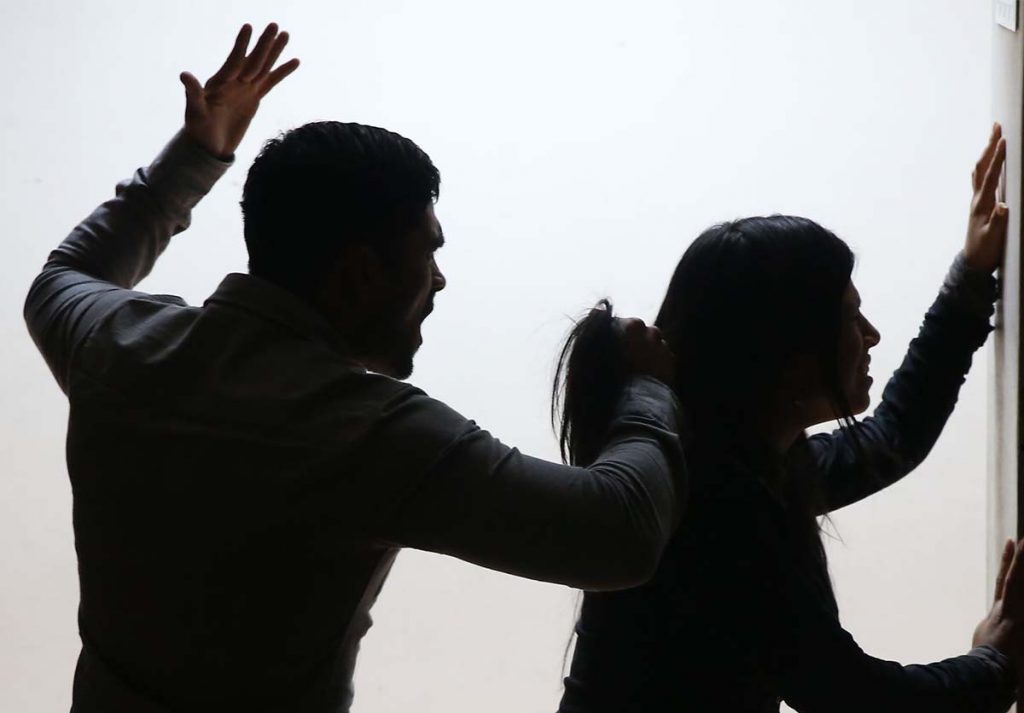
The United Nations Resident and Humanitarian Coordinator in Nigeria, Mohammed M. Fall, has emphasized that no cultural, social, economic, or traditional pressures can justify the violence endured by millions of women and girls worldwide.
In a statement issued in Abuja, Fall declared, “Our role is to challenge these harmful narratives. Gender inequality and violence against women remain among the greatest challenges to sustainable development, not only in Nigeria but globally.”
According to UN Women, approximately 736 million women, nearly one in three, have faced physical or sexual violence by an intimate partner or non-partner at least once in their lives, a figure that excludes sexual harassment.
READ ALSO: France envoy urges action against gender based violence in Nigeria
“Violence against women and girls is a violation of human rights that undermines equality, dignity, and respect,” Fall said, highlighting the many forms it takes—physical, emotional, sexual, and economic—occurring globally, including in Nigeria.
He pointed out that the widespread nature of gender-based violence, from intimate partner violence to harmful practices like female genital mutilation, trafficking, exploitation, and sexual assault, stems from deep-rooted societal inequalities.
Fall stressed that addressing these issues in Nigeria requires strengthening legal frameworks, improving access to justice, and raising awareness to change mindsets and behaviours. “But we cannot do this alone,” he added.
He called for support from community leaders, religious institutions, educators, and individuals, emphasizing the importance of involving men and boys in the fight against gender-based violence. “We need them to speak out, challenge harmful gender norms, and promote respect and equality in their communities,” he said.
Reports show that women who experience violence are more likely to suffer from long-term mental health issues such as depression and anxiety. Fall also noted the alarming statistic that in 2023, at least 51,100 women globally were killed by partners or family members, equating to one woman every 10 minutes.
“In Nigeria, violence and harmful practices against women and girls occur daily, with most incidents going unreported,” Fall added.






